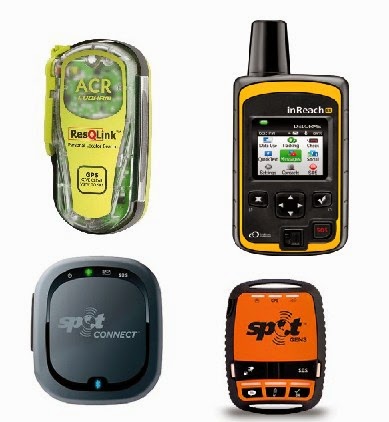After a few more cups of coffee and some thought, I've returned the cell phone booster. Here's why: in order to get the better reception it provides, I'd have to spend about another $100 on cables and connectors. That would bring the total cost to about $250.
The benefit would be a stronger cell signal in areas where the signal is present, but weak. That's real, particularly if I were doing business from the Beast or for whatever reason really needed internet/cell connectivity. But I was out of cell-phone touch for several says at a time on the New Mexico trip, and the world didn't end. The worst was that I didn't have music to stream.
The more serious problem in being out of touch is if Something Happens. Something Bad: Broken limb; heart attack; stroke; bear attack. Now in the worst of these cases, it's simply game over. The heart stops, and that's that. Not, all things considered, a bad way to go, in the abstract. Cell phones are a way to stay in touch, to reassure people that I'm OK, not to worry if I'm a day or so late. And to get help when I need it.
There's another option here. Satellite communicators. A full-fledged sat phone costs on the order of $1000 plus usage fees. But there's an intermediate satellite technology called "Personal Locator Beacons." I spent some time digesting this review of the technology; here's the short take.
At one end there's a military-grade communicator which basically has a big red HELP button; press this, and the guys in the helicopter show up. It has no other function, but it does that pretty well. No annual fees. This is the "I broke my leg skiing in the backcountry" device.
Then there are a few other devices which use different satellite technologies and are basically stay-in-touch devices. Variously, they can send (and receive!) SMS text messages, as well as trigger an SOS function. They can have interfaces to Google Maps so your route can be seen by others. They cost about the same as the "true" ELB (Emergency Locator Beacon), they do more, they have annual subscription costs, and they aren't as reliable at getting a message up to the satellite. Tradeoffs.
So I'm sniffing at this technology. The two contenders are from DeLorme and SPOT. In the mean time, the cell phone booster is on its way back.


No comments:
Post a Comment